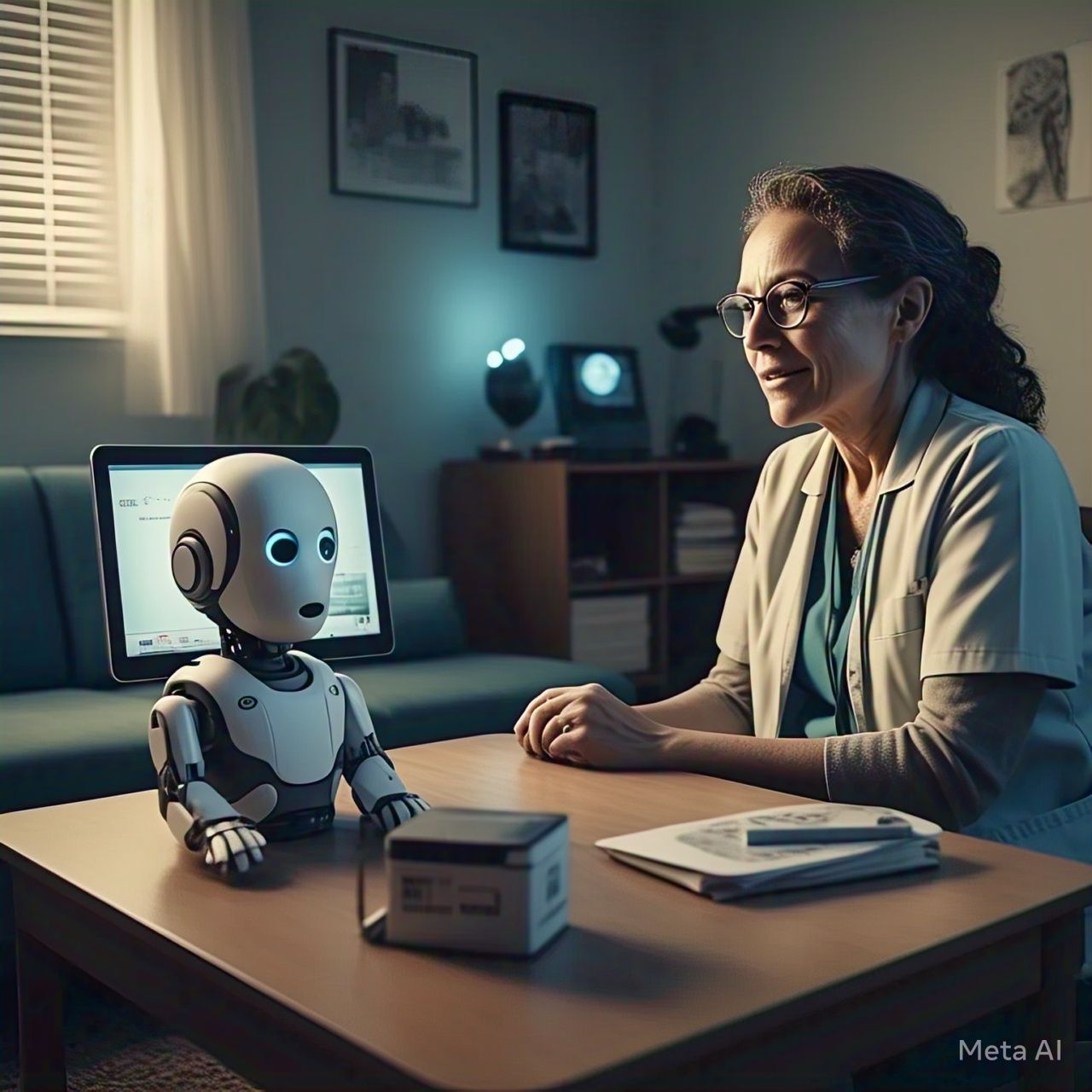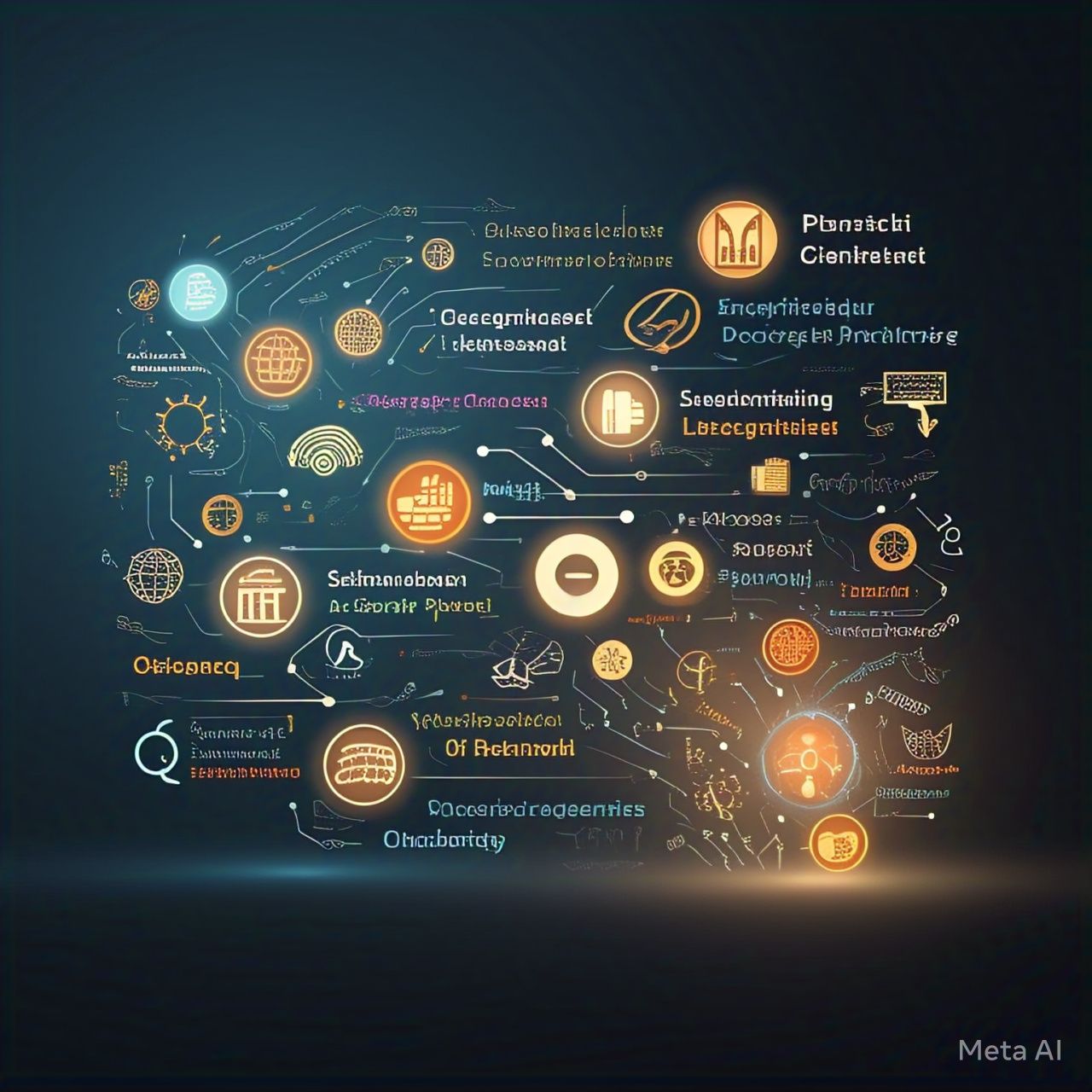Artificial Intelligence (AI) has become a game-changer in the video game industry, revolutionizing how games are developed, played, and experienced. From smarter Non-Playable Characters (NPCs) to dynamically generated worlds, AI is enhancing realism, immersion, and interactivity. This article explores how AI is shaping modern video game development and what it means for the future of gaming.
1. AI in NPC Development: Smarter and More Realistic Characters
Enhancing NPC Behavior
Gone are the days of predictable NPCs with static responses. AI-driven NPCs can now:
- Adapt to player actions and learn from interactions.
- Exhibit human-like emotions and decision-making skills.
- Engage in natural dialogue using AI-powered voice and text processing.
Examples of AI-Driven NPCs
- The Radiant AI System in The Elder Scrolls V: Skyrim: NPCs follow schedules and react dynamically to in-game events.
- Alien AI in Alien: Isolation: The Xenomorph adapts its hunting strategies, making encounters unpredictable and terrifying.
- Nemesis System in Middle-earth: Shadow of Mordor: AI-generated orc enemies remember past encounters and react accordingly.
2. AI-Powered Procedural Generation: Creating Expansive and Unique Game Worlds
How AI Generates Dynamic Worlds
AI-driven procedural generation allows developers to create vast, unique game environments without manually designing every detail. This technology enables:
- Infinite replayability by ensuring no two playthroughs are the same.
- Complex landscapes, cities, and ecosystems that evolve dynamically.
- Personalized player experiences based on behavior and choices.
Notable Uses of AI in World-Building
- Minecraft’s Procedural Terrain Generation: AI generates biomes, caves, and landscapes in real-time.
- No Man’s Sky’s Universe Creation: AI-driven algorithms produce over 18 quintillion unique planets.
- Rogue-like Games: Titles like Hades and Spelunky use AI to generate levels dynamically.
3. AI in Game Balancing and Player Experience
Adaptive Difficulty and Personalized Challenges
AI can tailor game difficulty to individual player skill levels, ensuring:
- New players aren’t overwhelmed, while veterans receive a satisfying challenge.
- Enemies adjust their tactics in real time to keep gameplay engaging.
- AI-driven analytics help developers fine-tune game mechanics post-launch.
AI in Storytelling and Dialogue Systems
AI enhances storytelling by enabling:
- Branching narratives that change based on player decisions.
- AI-powered voice synthesis, reducing the need for extensive voice-over work.
- Natural Language Processing (NLP) for realistic and immersive dialogues.
4. The Future of AI in Video Game Development
As AI continues to evolve, its role in gaming will only expand. Future advancements may include:
- Fully AI-generated games with unique narratives and mechanics.
- AI-powered virtual companions that evolve alongside players.
- More immersive VR experiences powered by real-time AI adaptation.
Conclusion
AI is revolutionizing video game development by making NPCs smarter, worlds more dynamic, and gameplay more immersive. As technology advances, AI will continue to push the boundaries of what is possible in gaming, ensuring richer, more interactive experiences for players worldwide.




